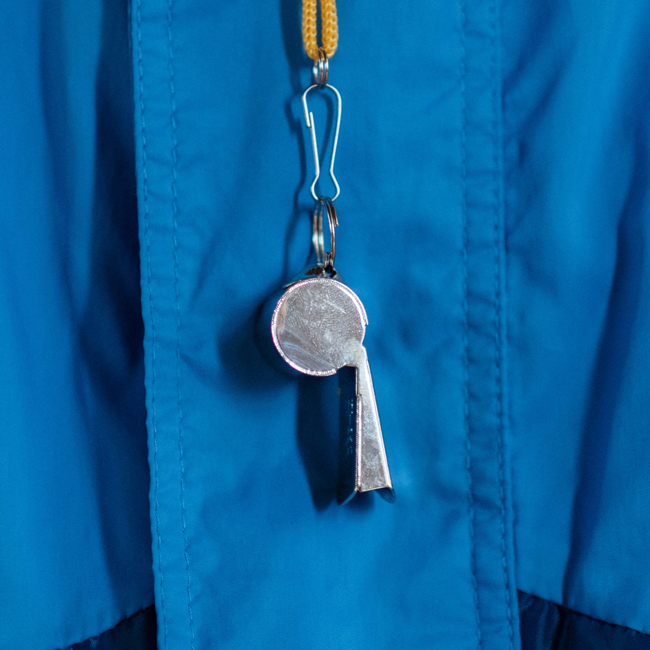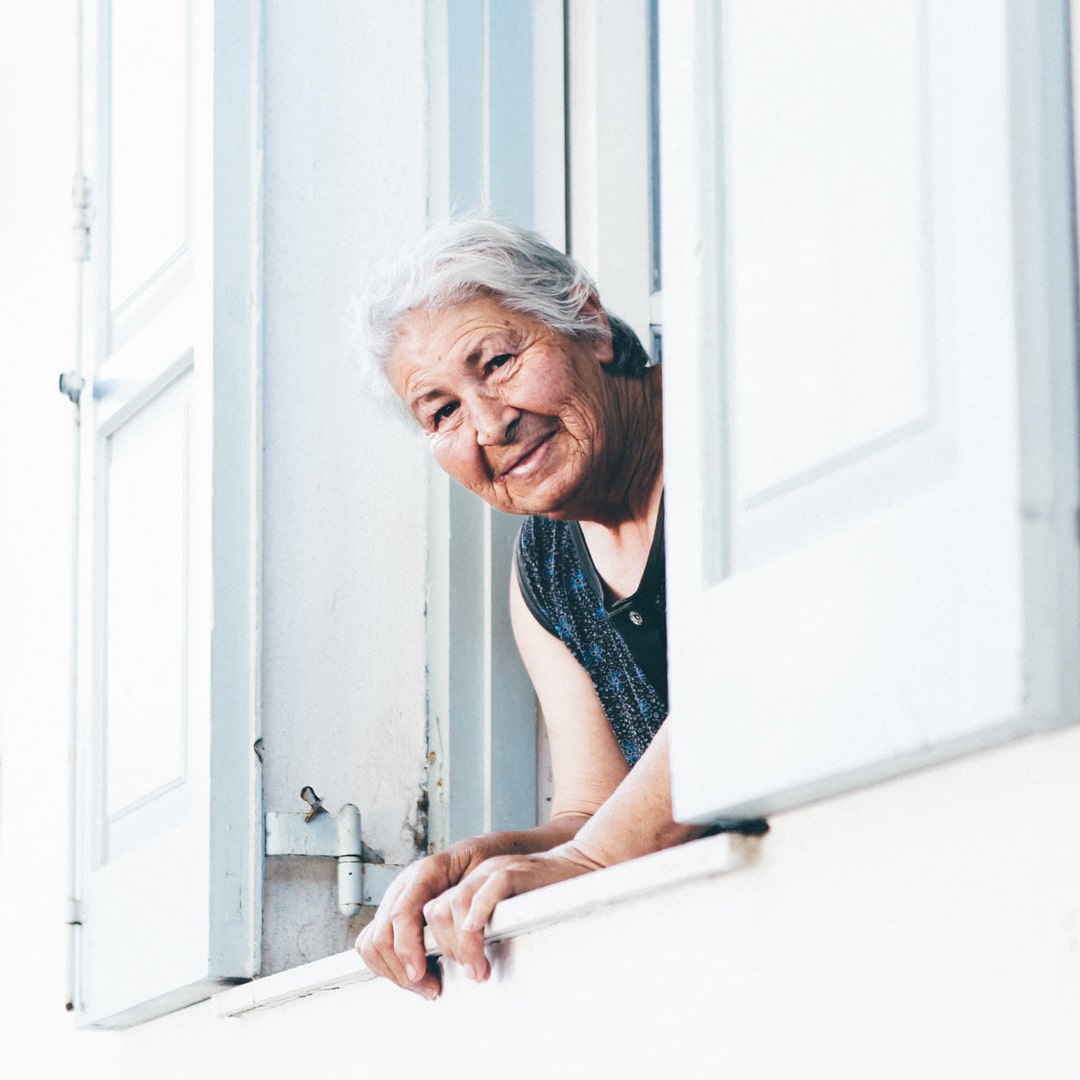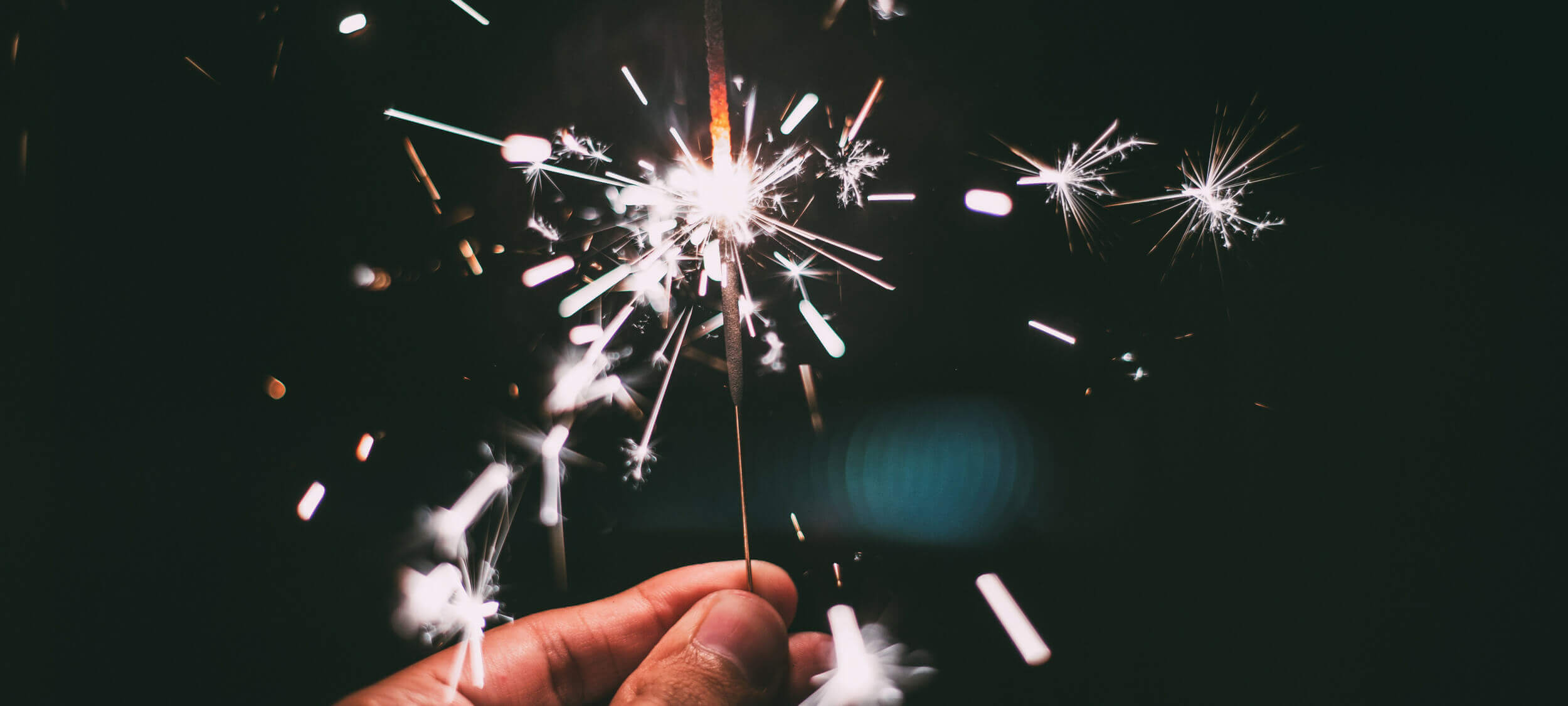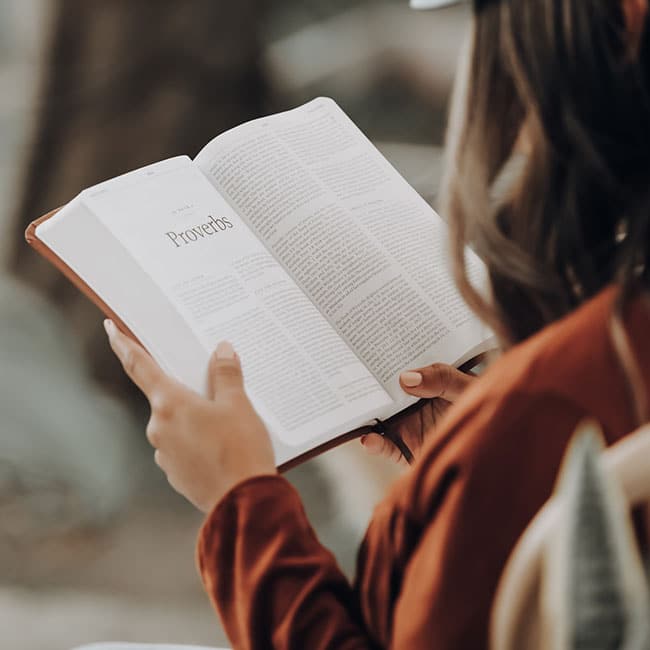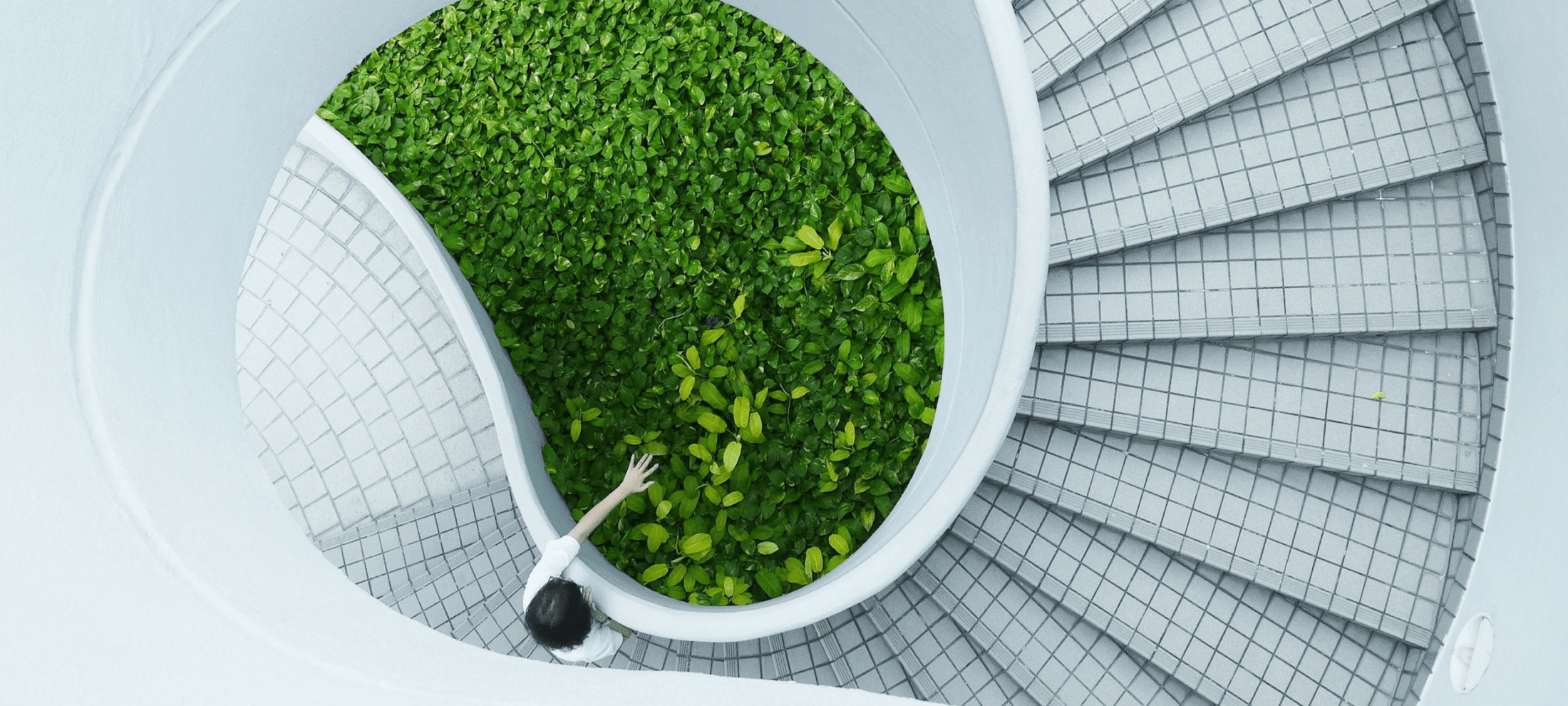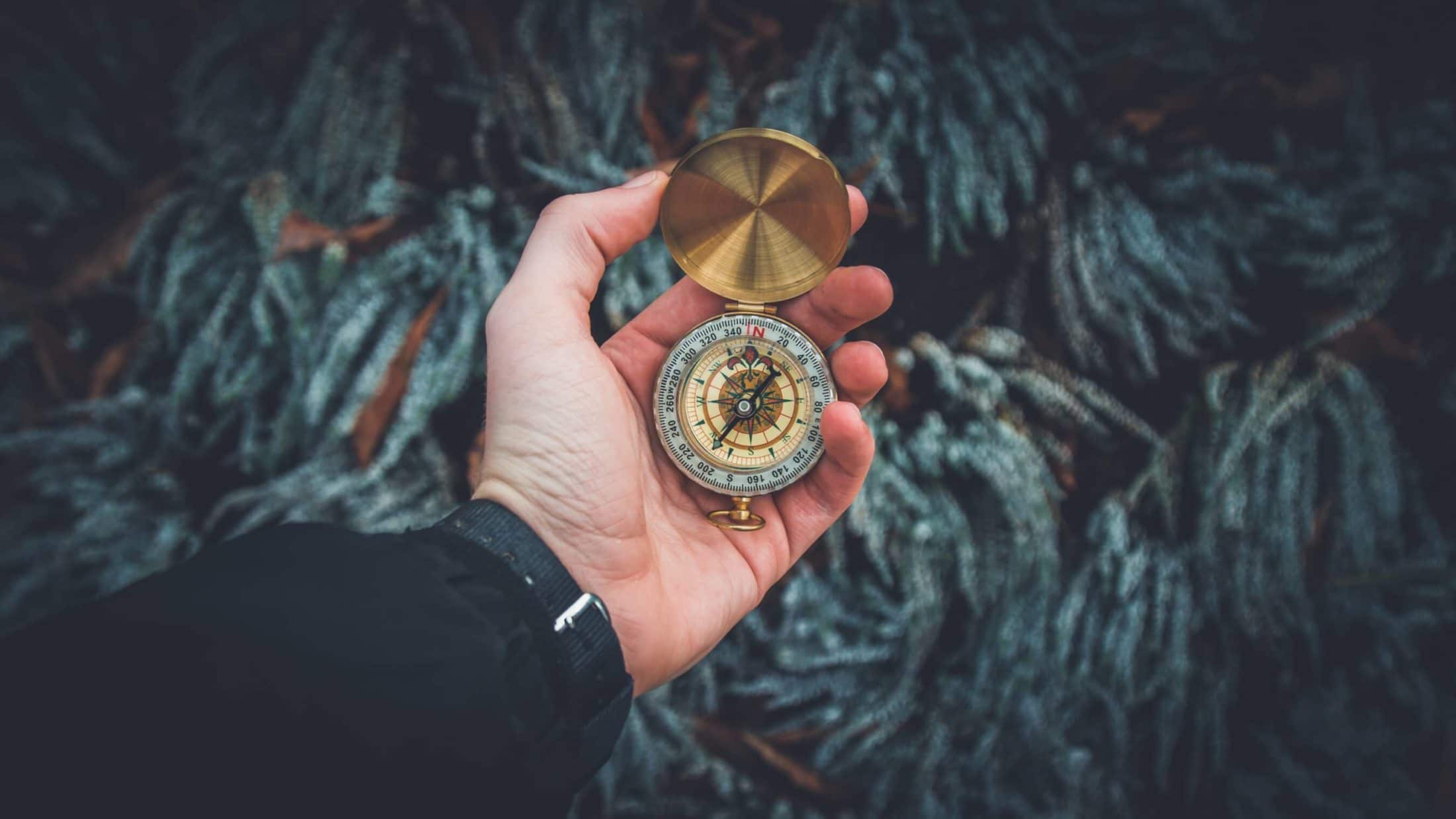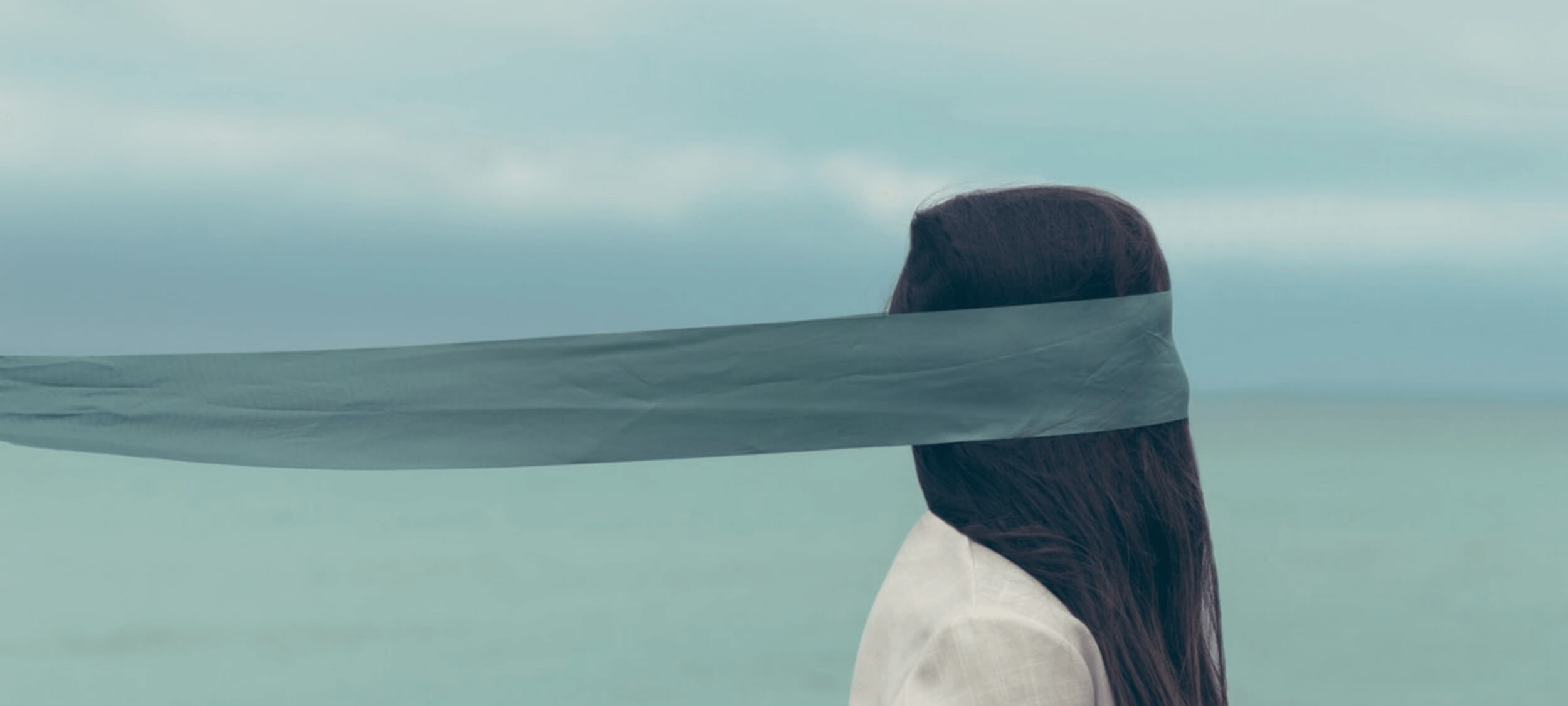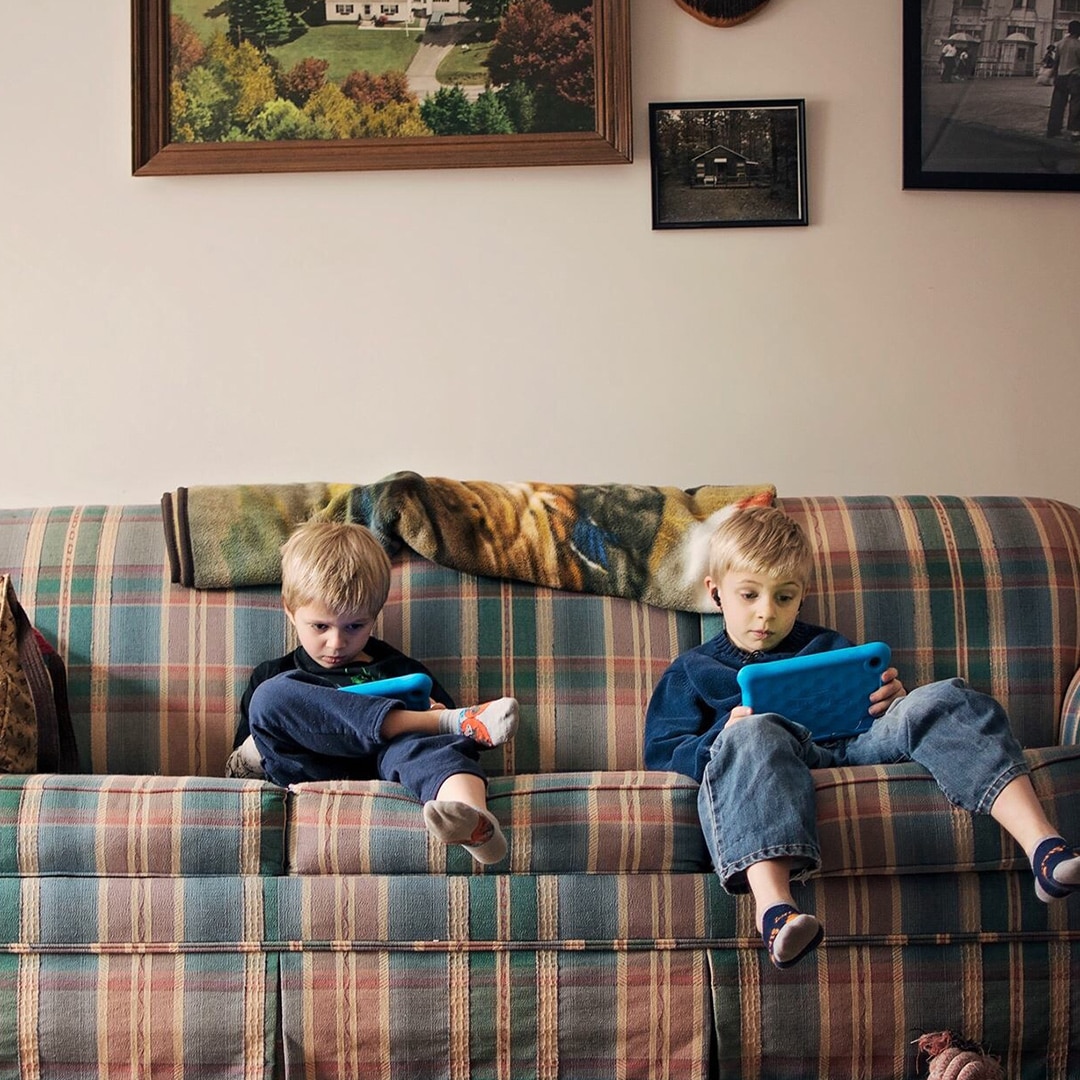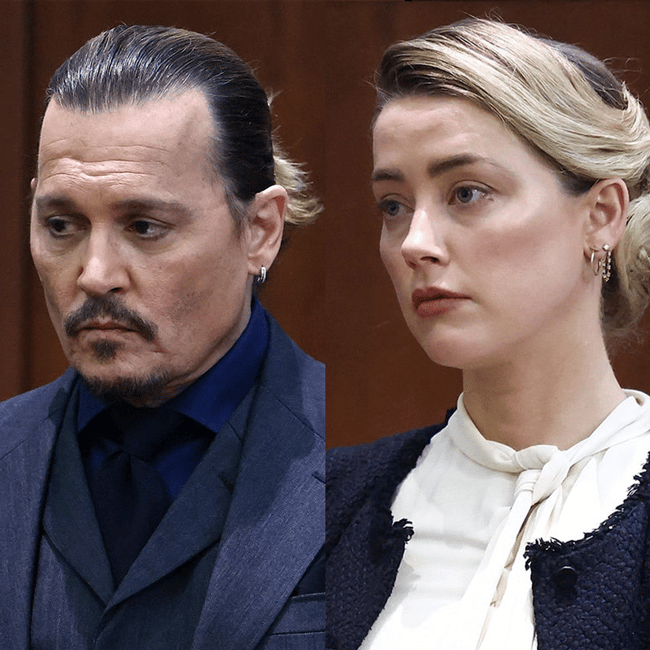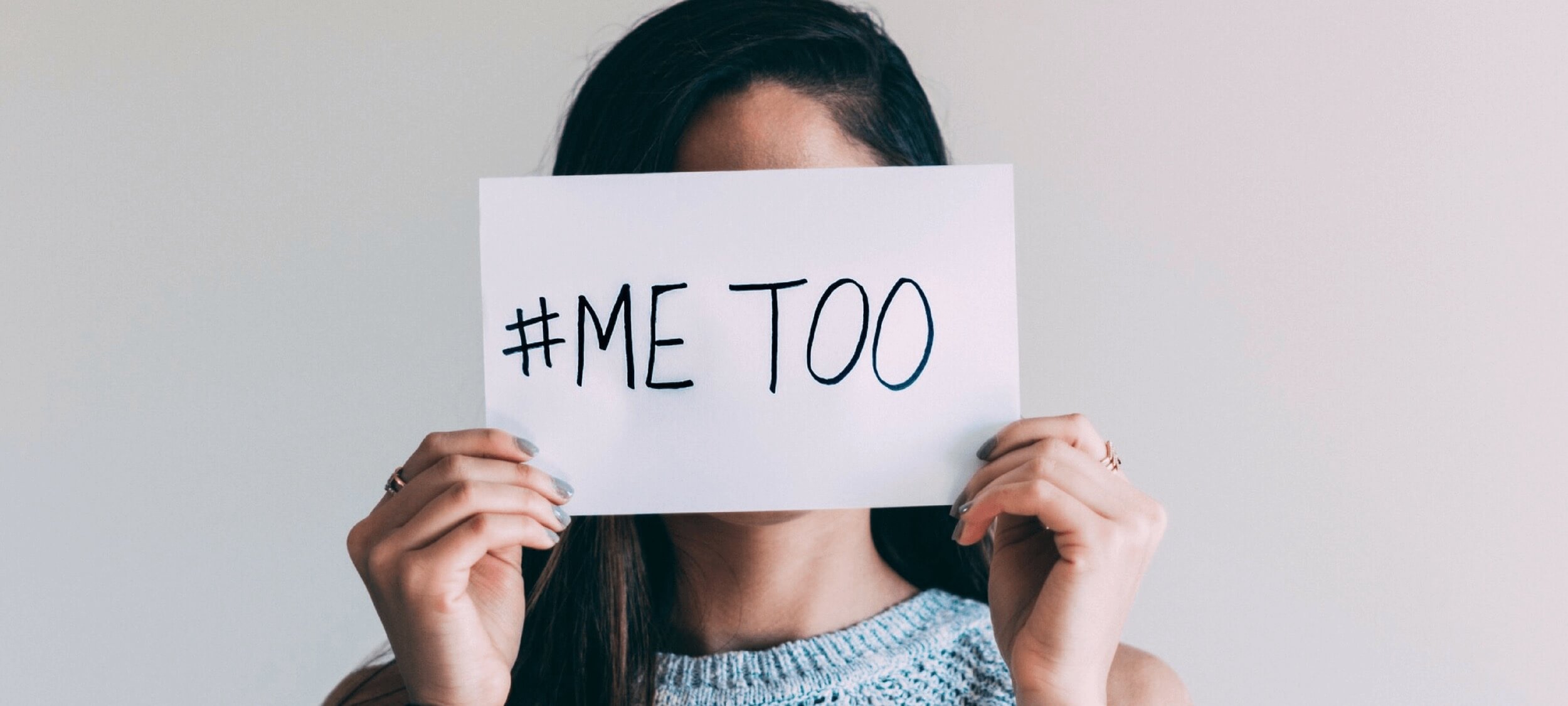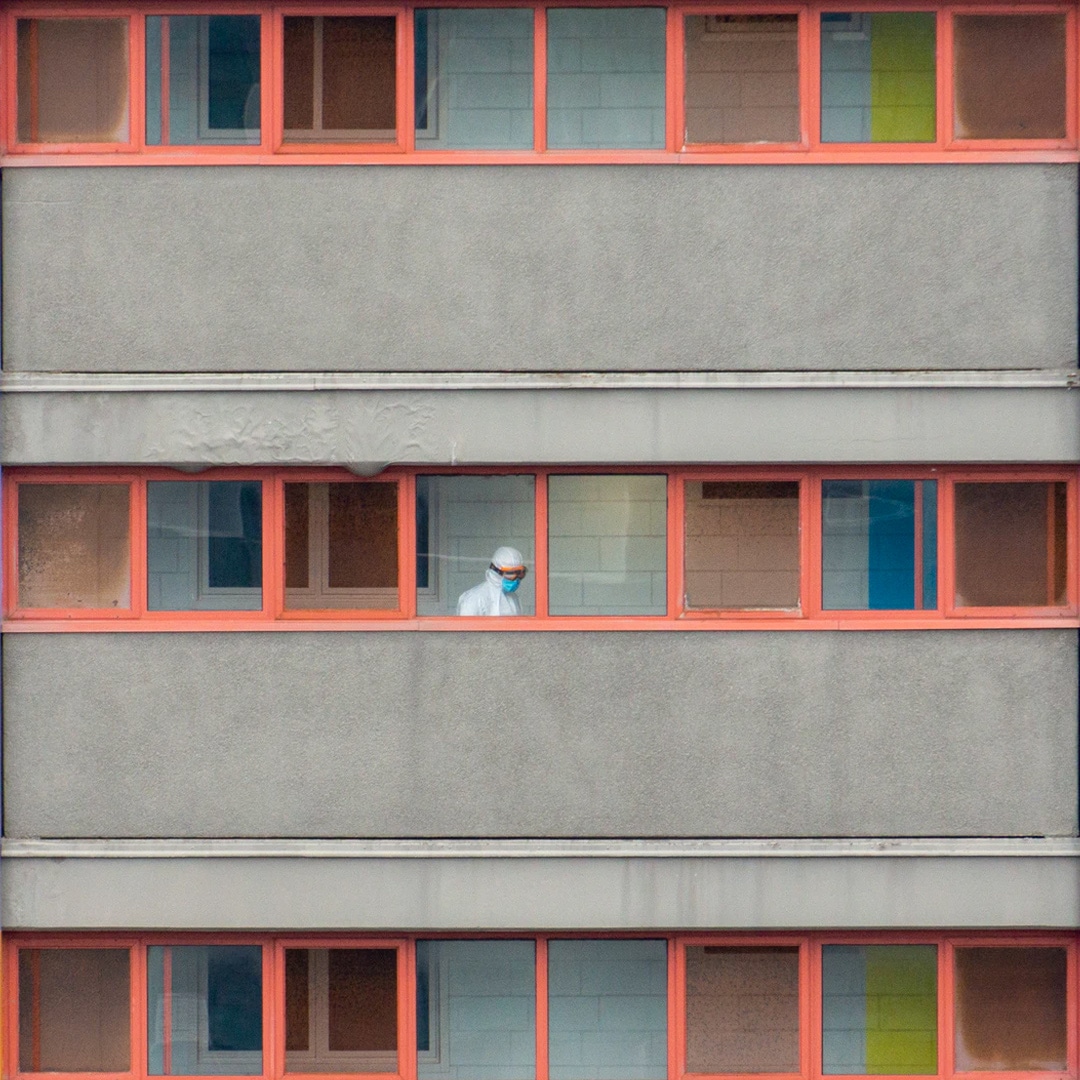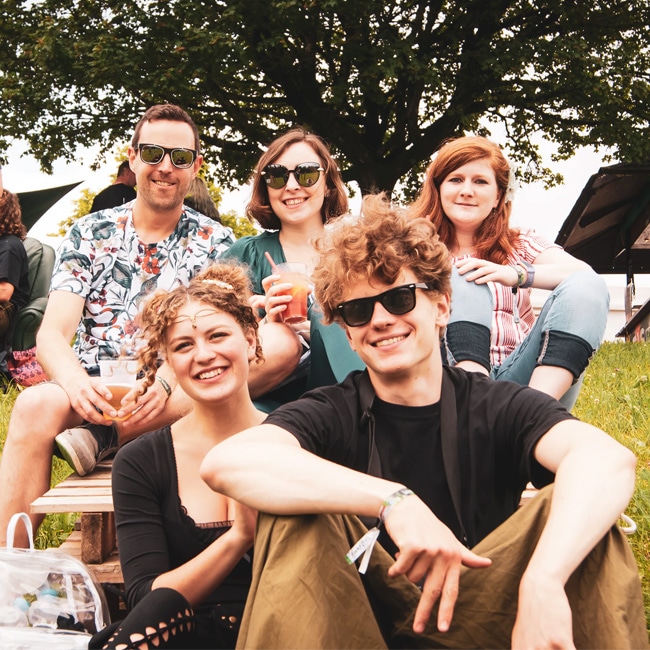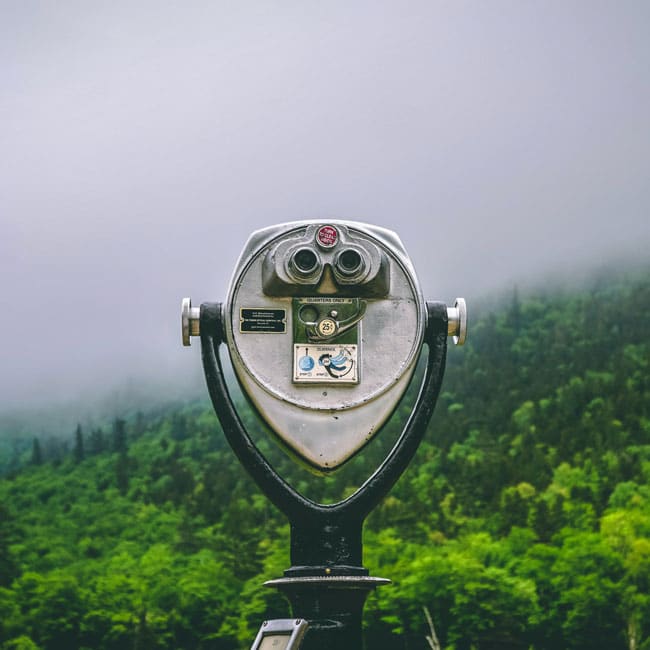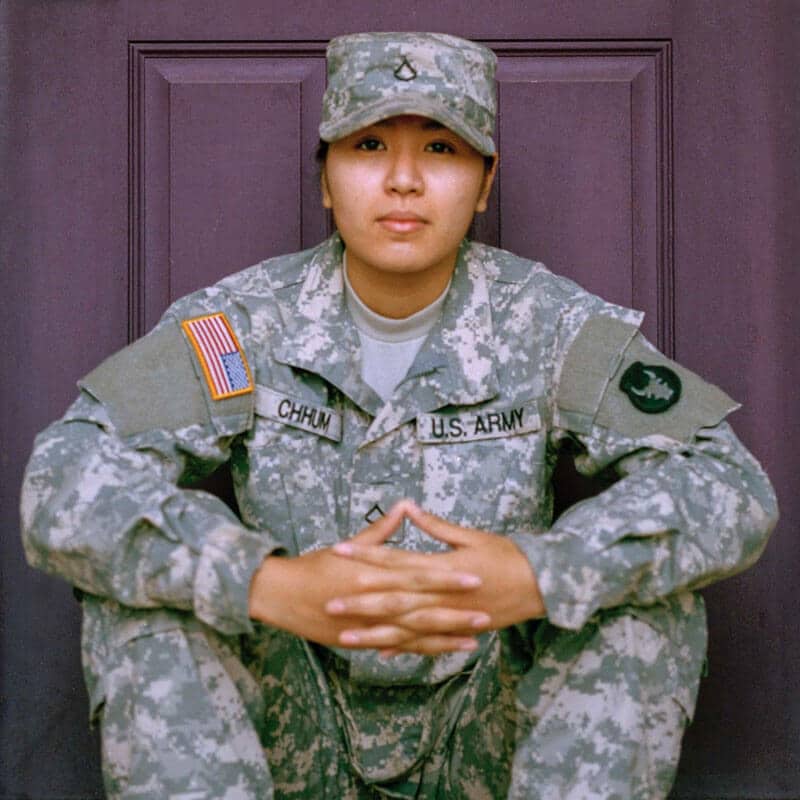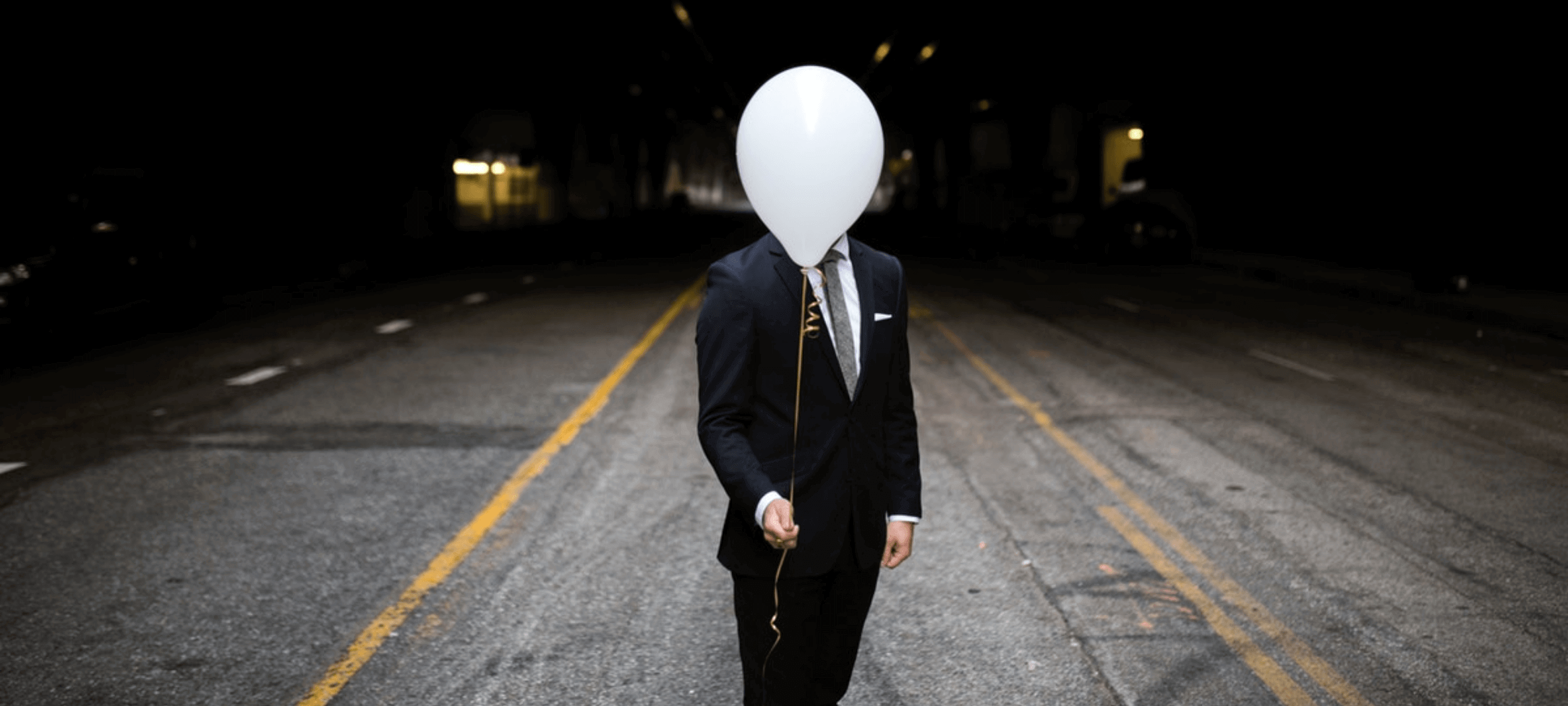Why ethical leadership needs to be practiced before a crisis

Why ethical leadership needs to be practiced before a crisis
Opinion + AnalysisBusiness + LeadershipHealth + Wellbeing
BY Dennis Gentilin 9 APR 2020
Crises, especially as momentous as this one, have a habit of exposing leaders. At worst, they expose incompetence and self-interest. At best, they reveal courage, resilience and deep concern for others. It is the latter that is the hallmark of ethical leadership.
Make no mistake, these are challenging times. There are potentially some dark days ahead. Humanity has not faced a perilous situation of this magnitude in my lifetime.
Unfortunately, ethical leadership is not something that can be ‘switched’ on at will. In trying times, one cannot simply dust off the ethical leadership manual and, like a chameleon, transform one’s approach. The reason for this is that ethical leadership is honed through many years of practice.
Ethics is a long game
This is not a new idea. Aristotle described ethical virtue as a “hexis” – a state or disposition – that is shaped by our habits. We come to be ethical by acting ethically, consistently being guided by an ethical framework when making choices, regardless of how difficult this might be given the prevailing circumstances. This is what it means to be a person with integrity.
For this reason the COVID-19 pandemic will (and in some cases already has) reveal what leaders believe to be good (their values) and right (their principles). More importantly, it will reveal how committed they are to their ethical core. Those who have failed to make ethical practice a daily habit will find it difficult. They may already have stumbled or are perhaps struggling to win the trust of sceptical followers. For those who have made integrity central to their leadership, the turbulent waters will be somewhat easier to navigate. Making the ethical choice will come more instinctively.
There is also the possibility that ethical leadership will emerge in the current crisis from the most unlikely of places. People whom we may have thought were not cut out to deal with a crisis or a thrust into a position of leadership will rise to the occasion. Perversely, moments like these, instead of paralysing leaders, can provide greater clarity on what is the ‘right’ thing to do. The path one must take, although rocky, lights up and is clearly signed. A leader comes into their own.
Ethical leadership, not perfection
All this being said, one thing that we should not (and cannot) expect is ethical perfection. In situations like these where there are excruciating trade-offs associated with many decisions, ethical perfection cannot be defined. The available choices are evenly balanced, providing a myriad of possible outcomes that all have considerable merit. It would therefore be preposterous to think that any leader in these circumstances, no matter how ethical, will get everything ‘right’. We should respect those who are being called upon to make extraordinarily difficult decisions, with imperfect information, in a highly dynamic environment.
However, there are some minimal expectations we should expect from our leaders. We should expect a degree of candour and honesty, accepting that in some cases full transparency will do more harm than good. We should expect that the safety of people – particularly the most vulnerable – is prioritised, accepting that there will be unfortunate loss of life. Above all, we should expect leaders to act with sincerity, rely on the best available evidence and display ethical competence. ‘Winging it’, ‘intuition’ and ‘common sense’ are not enough.
We all have a role to play
We should also understand that ethical leadership is not reserved for those who sit highest in the hierarchy, especially in unprecedented moments like these. This is something that can’t be underestimated. Ethical leadership will need to emerge at every level of society if we are to find a way through what will be some very difficult weeks and months ahead. Do not discount our essential role as ethical citizens.
Jon Haidt, a professor of ethical leadership at the Stern School of Business at NYU, talks about how morality “blinds and binds”. It can evoke the passions and bind people around a common cause. However, in doing so, it can breed dogmatism and drive us into our ideological camps, blinding us to our common humanity.
For the first time in a while, the coronavirus has created a present and common cause that all of humanity can bind to. It will test our leaders and in doing so reveal those who make ethics more than a word in their by-line. It will produce benevolent and heroic acts among citizens that extreme circumstances like these so often educe. And hopefully, by producing a cause we can all be bound by, it will dampen some of the tribalism and self-interest that has been an unfortunate feature of some sectors of our society in recent times.
You can contact The Ethics Centre about any of the issues discussed in this article. We offer free counselling for individuals via Ethi-call; professional fee-for-service consulting, leadership and development services; and as a non-profit charity we rely heavily on donations to continue our work, which can be made via our website. Thank you.
Ethics in your inbox.
Get the latest inspiration, intelligence, events & more.
By signing up you agree to our privacy policy
You might be interested in…
Opinion + Analysis
Business + Leadership
Risky business: lockout laws, sharks, and media bias
Opinion + Analysis
Health + Wellbeing, Relationships
The myths of modern motherhood
Opinion + Analysis
Business + Leadership, Relationships
Corporate whistleblowing: Balancing moral courage with moral responsibility
Opinion + Analysis
Business + Leadership
Give them a piggy bank: Why every child should learn to navigate money with ethics
BY Dennis Gentilin
Dennis Gentilin is an Adjunct Fellow at Macquarie University and currently works in Deloitte’s Risk Advisory practice.
Is it ok to visit someone in need during COVID-19?

Is it ok to visit someone in need during COVID-19?
Opinion + AnalysisHealth + WellbeingRelationships
BY Matthew Beard 9 APR 2020
You’ve been hitting us up with your COVID-19 ethical questions. We’ve been sending our ethicists into the philosophy lab to cook up some answers.
This week, we’re talking about trade-offs. How do we the balance risks and potential harms from our behaviours against the value they might have?
I have family members who are at high-risk from COVID-19 but who are also at risk of mental stress from isolation, what should I prioritise – their physical safety or their psychological wellbeing?
When I was teaching medical students (about ethics, nobody wants me teaching them science), I was often relieved to find an openness to considering the holistic needs of the patient. They weren’t interested in healing the body at the expense of the mind. This was thanks in part to something called the ‘biopsychosocial model of health’, which basically suggests that we need to think of health at the intersection of the physical body, the mind and the environment we find ourselves in.
What this model reminds us of is that we don’t make trades between mental and physical health – those terms are somewhat of a misnomer. There aren’t different kinds of health; there’s just health. Someone who is suffering from a virus isn’t enjoying a healthy life; nor is someone whose depression is worsening as a result of isolation.
Think about it this way: if your family members were diabetic and needed to go to the pharmacy to fill their insulin prescription, you wouldn’t advise them not to go because they were high risk of COVID-19; because that’s not the only thing that’s going to set back their health. I’m not convinced you should think about their health any differently because the problem is mental rather than physical.
That said, it’s important to bear in mind that you should still do what you can to minimise the risk to your family members – not least because they may not be the only ones who are at increased risk of infection if you choose to visit. Again, think of the diabetes analogy. It would be unreasonable to tell them not to go to the pharmacy for fear of COVID-19, but it would be safer if someone who wasn’t high risk collected their prescription on their behalf.
By the same logic, if there are ways you can alleviate their sense of loneliness and isolation without increasing their risk, then you should do those things. You might not have to choose between minimising the risk of infection and helping a lonely family member at a time when loneliness is rife. But if you can’t, it’s helpful to remember that you’re dealing with risky options either way.
I’m struggling to decide whether I should visit my two loved ones in their aged care facilities right now. Do I leave them and trust they will get the correct care if the outbreak spreads or ‘check in’ and visit them?
Ever heard the story of the two wolves? It’s an old proverb. A Native American elder explains to a young man that there are two wolves inside us all. One represents the lesser demons of our nature, and the other the better angels. The wolves are in constant battle with one another to determine the kind of person we’ll be. ‘Which wolf wins?’, asks the young man. The elder responds, ‘the one you feed.’
In times of enormous stress and uncertainty, the two wolves duking it out inside us tend to be our attitudes toward control. One wolf screams ‘Jesus take the wheel!’ and surrenders all sense of agency – throwing in the towel and hoping for the best, taking no responsibility for the future. The other wolf cries, ‘let me drive!’ and tries to manage every possible variable to secure a half-decent outcome. And, just like the story goes, the wolf we feed – the one we reinforce through behaviour and habit – is the one that will win out.
The reason I share the story of the wolves with you is because your concern for loved ones doesn’t seem to be primarily about giving them social connection or making sure they’re not lonely. Rather, your question suggests what’s bothering you most is whether the carers will do a good job without you to check in. That kind of distrust is likely the product of one of two things: reason or anxiety.
Do you have reasons why you suspect the care for your loved ones will languish in your absence? If so, I can only imagine how heart-wrenching it must be to stay away at a time like this. However, if you’ve generally had good experiences and haven’t had any reason to distrust the staff until now, it’s worth reflecting on whether your inner micro-managerial wolf needs some time off to meditate.
I mean that sincerely – most of us need to meditate during this pandemic – to get clarity on how we manage uncertainty. Do we have trouble accepting our lack of control? Are we too lackadaisical or passive when shit hits the fan?
The truth is, I can’t answer the question of whether you should check in on your family – and in doing so expose them and everyone else at those aged care facilities – because I don’t know if you’ve got good reasons for concern. But let me plead with you on behalf of every person who has loved ones in aged care: if you’re doing this because you’re anxious and scared, please stay at home. We’re all scared for our loved ones, but hopefully you can see that resolving that fear by exposing the people you love to risk is as pointless as howling at the moon.
You can contact The Ethics Centre about any of the issues discussed in this article. We offer free counselling for individuals via Ethi-call; professional fee-for-service consulting, leadership and development services; and as a non-profit charity we rely heavily on donations to continue our work, which can be made via our website. Thank you.
Ethics in your inbox.
Get the latest inspiration, intelligence, events & more.
By signing up you agree to our privacy policy
You might be interested in…
Opinion + Analysis
Health + Wellbeing, Relationships
Anzac Day: militarism and masculinity don’t mix well in modern Australia
Opinion + Analysis
Relationships, Society + Culture
Meet Josh, our new Fellow asking the practical philosophical questions
Opinion + Analysis
Health + Wellbeing, Relationships
Why your new year’s resolution needs military ethics
Explainer
Relationships
Ethics Explainer: Epistemology
BY Matthew Beard
Matt is a moral philosopher with a background in applied and military ethics. In 2016, Matt won the Australasian Association of Philosophy prize for media engagement. Formerly a fellow at The Ethics Centre, Matt is currently host on ABC’s Short & Curly podcast and the Vincent Fairfax Fellowship Program Director.
Navigating a workforce through stressful times

Navigating a workforce through stressful times
Opinion + AnalysisBusiness + LeadershipHealth + Wellbeing
BY Michelle Bloom The Ethics Centre 6 APR 2020
COVID-19 has created a cascade of unprecedented changes to how we work, live and interact.
With many organisations moving online, managing restructures, significant job loss and transformation of existing roles and responsibilities, leaders need to be consciously aware of the impact of stress on individual and team performance.
Certain aspects of organisational behaviour can trigger threat reactions in people that impede their effectiveness and limit their ability to contribute to the success of the team. Research in neuroscience can inform our response to such situations, as the neural functioning of individuals within the workplace underlies the social nature of high performance.
What happens to us in stressful environments
The brain is a social organ. Studies by UCLA have found that when we feel excluded from play or rewards, our brains trigger a response from the same neural regions associated with the distress that comes with physical pain. This neurophysiological link has been explained as evolutionary, a developmental hangover from the dependency of infancy. As UCLA neuroscientist Matthew Liebermann puts it, “To a mammal, being socially connected to caregivers is necessary for survival”.
This neurological response has a number of implications for business and leaders navigating this current crisis – especially in regards to remote working and communicating organisational changes driven by COVID-19.
A person who feels their position and work to be valued, by their leaders, solely as an economic and rational transaction (labour for money) will likely feel betrayed, unrecognised and disengaged.
Research shows that each time a person feels like this, it is physiologically and psychologically analogous to a ‘blow to the head’ and is processed in the brain in the same way as physical pain. Naturally, our conscious selves rationalise the discomfort, but if this situation is chronic and ongoing, it is more likely that employees will begin to desensitise in self-protection. They will effectively push the discomfort away, so as to not feel it consciously. This shutting down of large parts of our response pathways disables us, making high-performance impossible.
Many studies, including Paul MacLean’s infamous “Triune Brain” theory, look at how fear responses negatively impact the quality of mental functioning. In more mild circumstances, the emotional centres associated with the limbic brain will interfere with the circuitry of the logical neo-cortex. In extreme circumstances, our ‘fight, flight, freeze’ response gets triggered, creating a chemical reaction that entirely hijacks the brain’s emotional centre, the amygdala, making logical thinking impossible.
However you conceptualise it, high emotion is disastrous for the adaptive thinking required for complex problems – so critical for ethical decision making.
Physiologically, the threat response ties up glucose and oxygen, as lower areas of the brain, more intimately concerned with survival, take precedence over higher centres. In threat situations, these resources are withheld from working memory, impairing the processing of new information or ideas, and slowing analytic thinking, creativity and problem solving.
Addressing the needs of the individual and the organisation
We’ve all heard that adults are poor learners, fundamentally intractable, or that their natural response to change is resistance. While elements of these statements are true, what is also true is that the adult brain continues to be highly plastic; albeit not as much as children or infants. That means that not only can behaviours change, but that the neural networks that underlie all thought and behaviour are in fact changing every day.
To increase the chances of your business being high-performing, David Rock’s SCARF Model, as outlined in his paper “SCARF: A Brain-Based Model for Collaborating with and Influencing Others,” suggests that leaders should look at how the organisation deals with the following aspects of individual functioning in the collective social system.
1. Certainty
Our brains are wired to crave certainty. This desire is underpinned by neural circuits that register unexpected events as gaps or errors. Because an assumed pattern is no longer functioning as it should, it is registered as a threat.
Think about how you respond when the car in front slams on the brakes. Normally, we can do multiple things at the same time when we drive – hold a conversation, listen to music, monitor what’s going on around us, think about the shopping list – but faced with a potential accident, your working memory is diminished. All other activities and thoughts must cease as you shift full attention to the potential threat ahead.
Some uncertainty can be intriguing and enjoyable; too much leads to panic and bad decisions. For many people right now, the levels of uncertainty – combined with imminent health and employment risks – will be triggering this aspect of the ‘fight or flight’ response. This impedes their capacity to access creative thinking and good decision making.
Of course, certainty is an illusion. However, people need a semblance of certainty in order to perform. Leaders need to build confidence in their people so they, in turn, can trust in individual and collective capability to work through whatever comes. Keeping a clear and regular stream of communication around how decisions are being made increases trust and promotes engagement. Chunking larger problems into shorter time frames also helps people feel more certain.
2. Status
As humans, our relative status within social systems matters. This is the basis for all competition, social hierarchy, and, conversely, much social unrest. Many organisations have processes and practices that threaten people’s status. Hierarchy reinforces a notion of ‘greater than’ and ‘less than’, while performance appraisals and coaching generally place one person in the position of being more knowledgeable, capable and powerful than the other. Unless these interactions are carefully considered and thoughtfully executed, they will feel threatening to an individual’s status.
Actions that enhance status include private, as well as public, recognition. In addition, the quality of interactions from leaders with their people can raise the self-status of those who sit lower in the hierarchy. Therefore, one of the most important (albeit intangible) skills of a leadership team is their capacity to interact with others in a respectful and status-enhancing way.
With staff working digitally, and from home, leaders need to innovate and find new ways to show this recognition. This will make people feel seen and valued for the work they do.
3. Autonomy
When people feel they can execute their own decisions, without interference, their felt stress is lower. In a 1977 study, residents of aged care facilities who had more agency and decision making rights, lived longer and healthier lives. While what they were deciding about was insignificant; their autonomy was critical. In another study, franchise owners principally left corporations citing work-life balance. Once in their own business, they generally worked longer hours, for less money, and nevertheless reported better work-life balance, because they were making their own decisions.
Delegation systems, hierarchy, confusing reporting lines, moribund policy and procedure, and parochial mindsets can all contribute to less agency for individuals in businesses. Often people are not aware that they are not delegating, that they are effectively withholding decision making from others.
Lack of autonomy is also closely linked with the phenomena of people not working ‘at the right level’. When leaders find themselves working at a level of complexity lower than where they should be working, the flow on to the rest of the organisation is usually inevitable.
4. Relationships
Perceived difference is another human threat-trigger. Collaboration, trust and empathy are predicated on perceiving that the ‘other’ is from the same social group as we are. The decision of friend or foe is usually made in milliseconds.
The organisational implications for bringing groups together are profound. Forming new relationships at this time, such as buddy systems or mentor programs, need to be carefully thought through so as to minimise the potential to ‘spook the horses’. The creation of productive strategic relationships requires repetition via multiple, sequential opportunities and reinforcement through the removal of organisational impediments.
5. Fairness
Fairness is a cognitive construct that motivates people so strongly they will persist in situations that are manifestly unfavourable because they value a perceived fairness on the part of an organisation or a cause. Consider how people historically have volunteered to fight in wars that are not their own, such as the Spanish Civil War, and are prepared to die based on apparent fairness.
People not only want to avoid being unfairly discriminated against, they will also often feel uncomfortable if they find themselves being unfairly favoured by a person or a situation.
Organisationally, the implications are similar and connected to that of certainty. People will be much more accepting of decisions and processes, as fair, if they are transparent.
Fairness is also related to status in that people will feel fairly dealt with if they perceive they are respected as a person and employee. These principles are often coded as ‘natural justice’. In some ways, fairness is an amalgam of the previous four areas of concern.
What leaders need to think about
The upshot for leaders is this – when you trigger a threat response in others, you make them less effective. When you make people feel good about themselves, clearly communicate your expectations and give agency through appropriate delegations, people feel a reward response which is intrinsically engaging – something your people want more of.
In situations where threat is felt to be ongoing, people typically experience burnout. This emotional exhaustion is a result of chronic over-stimulation of the fear centres of the brain. Physiologically, high levels of adrenalin and cortisol can only be supported for so long before they start to damage the nervous system.
Where these sorts of threatening social conditions are widespread, ongoing or both, each individual’s sub-optimal reaction is reinforced by the reactions of the people around them, magnifying the pattern. This looks like ‘learned helplessness’, passivity or protective withdrawal. Sometimes it drives an aggressive pattern where individuals seek authoritarian control over whatever small part of their world they feel they can have an effect on.
Practical steps that can be taken during COVID-19
If you’re an organisation transitioning working roles or letting go of staff due to the impacts of COVID closures, ensure you are both transparent and compassionate in your communications.
Be clear and straight forward about how government policy impacts your workers, keep them informed of the decisions being made and communicate the rationale behind them, particularly when they impact others.
When communicating changes, respect for the people affected is crucial. While your decisions have economic drivers, there are very real human costs associated with the outcomes.
Relationships and connection are of heightened importance now. Take care in implementing processes to foster positive relationships between people – whether by virtual catch ups, a mentor support system, or regular virtual check ins by managers with their staff to see how they are coping and adjusting.
Tension will also be high, and any perceived difference may trigger as a threat. Leaders will need to be conscious of how relationships are managed between staff who may be actively competing for scarce resources or roles, if facing redundancies.
None of these strategies ameliorates the situation
It is the responsibility of the leaders of the transformation to monitor if what is going on in their organisation is supporting or undermining people’s performance. If performance is being undermined, it is their responsibility to raise those instances to awareness of their peers in the leadership team, to mobilise and support staff to break the prevailing patterns and to experiment with alternative approaches.
Navigating the changes ahead won’t be easy, and for many this may be the hardest professional challenge they’ve had to face given the stakes have never been so high. But careful attention to how decisions are made and communicated is critical to staff safety and wellbeing in the current climate. And that’s never been more important.
You can contact The Ethics Centre about any of the issues discussed in this article. We offer free counselling for individuals via Ethi-call; professional fee-for-service consulting, leadership and development services; and as a non-profit charity we rely heavily on donations to continue our work, which can be made via our website. Thank you.
Ethics in your inbox.
Get the latest inspiration, intelligence, events & more.
By signing up you agree to our privacy policy
You might be interested in…
Opinion + Analysis
Health + Wellbeing, Relationships
Ethics Explainer: Naturalistic Fallacy
Opinion + Analysis
Business + Leadership
New framework for trust and legitimacy
Opinion + Analysis
Health + Wellbeing, Relationships
The ethics of smacking children
Opinion + Analysis
Business + Leadership
The pivot: ‘I think I’ve been offered a bribe’
BY Michelle Bloom
Michelle Bloom is the Director of Consulting and Leadership at The Ethics Centre. Drawing on 30 years as a consultant, clinician, and organisational development specialist, she has worked with Australia’s largest organisations in developing and delivering solutions to assess and build value-driven leaders and cultures.
BY The Ethics Centre
The Ethics Centre is a not-for-profit organisation developing innovative programs, services and experiences, designed to bring ethics to the centre of professional and personal life.
There’s more than lives at stake in managing this pandemic

There’s more than lives at stake in managing this pandemic
Opinion + AnalysisHealth + WellbeingPolitics + Human RightsRelationships
BY Matthew Beard The Ethics Centre 3 APR 2020
Imagine a parallel universe somewhere, one without a pandemic. What would you be spending this week concerned with? What social and political issues would you be wrestling with? How would you be spending your day?
Ironically, my parallel life looks very similar. Locked in a room, thinking a lot about pandemics. I’m not an epidemiologist or a public health expert though – in my parallel universe, I’m preparing to run a thought experiment for The Festival of Dangerous Ideas: The Ethics of the Apocalypse.
The basic premise is to find out whether, facing a couple of end-of-the-world scenarios, the audience can save the human race without losing their humanity in the process. I won’t give away how the event works or is scored, but there are a bunch of different victory conditions – survival is a necessary condition of success, but alone, it’s not sufficient.
That point bears repeating as we live through a pandemic of our very own: survival is a necessary, but insufficient condition for success.
By focusing solely on what is going to guarantee success or best facilitate a flattening of the curve and minimise deaths, we risk permitting a political and social environment that we would, in that parallel universe, reject outright.
Over the last few weeks, as Australia’s containment measures around COVID-19 have grown increasingly strict, there’s been a widespread movement demanding an immediate lockdown. #Lockusdown and other variations have trended on Twitter, and major mastheads have called for increasingly severe policing measures to manage the pandemic. Writing for The Guardian, Grattan Institute CEO John Daley wrote:
“There is no point trying to finesse which strategies work best; instead the imperative would be to implement as many as possible at once, including closing schools, universities, colleges, public transport and non-essential retail, and confining people to their homes as much as possible.
Police should visibly enforce the lockdown, and all confirmed cases should be housed in government-controlled facilities. This might seem unimaginable, but it is exactly what has already happened in China, South Korea and Italy.”
Similar comments have been made by other public commentators in support of such measures, including the ABC’s Norman Swan. Swan has pointed to the efficiency with which China were able to control the spread through draconian measures – including in one case, welding people inside their apartment building.
Imagine in a pre-COVID world, suggesting a liberal democracy like Australia look to the authoritarian state of China for political guidance. Yet, this is what happens when we reduce all things to a single metric: the goal of keeping people at home and flattening the curve of new infections. It is easy to conceptualise. We can visualise what it involves and we can imagine the benefits it confers.
However, whilst this logic is comforting – especially in times when fear and uncertainty are rife – it places us dangerously close to the crude and morally repugnant catch cry: the ends justify the means.
In NSW, new laws and extreme penalties aim to enforce self-isolation regimes – as John Daley’s piece suggested. The maximum penalties for leaving your home without a reasonable excuse (of which sixteen are listed) are six months imprisonment or a fine of up to $11,000.
Are you cooped up in your share house, finding it impossible to work? If you choose to go to the park, you’ll face a severe penalty. Considering using the time your teenager has off school to rack up some learner driving hours by leaving the city and heading to the mountains for a bushwalk? Want to do a drive-by birthday celebration in lieu of an actual party? All of them are now subject to police enforcement. Do any of them, and you’re potentially breaking the law.
There are still those who will argue that it’s good these activities have been made illegal. After all, if you go to the park and sit at a bench, you might pick up coronavirus from someone who was just sitting there, or leave some behind for somebody else. If you go for a drive, you may need to stop for petrol, or break down and need mechanical assistance… more exposures means more risk for vulnerable Australians. The elderly, those with chronic illness, Indigenous Australians and immunocompromised people might be more at risk if you do this. However, it doesn’t follow from this that we should threaten people with prison sentences for failing to play ball.
In suspending our ordinary ways of life, we don’t also suspend the moral norms and ethical principles that give them direction and meaning. Punishments should still be reasonable and proportionate to the offenses; we should still aim to strike a reasonable balance between risk, security and freedom.
As Schwatz Media’s Osman Faruqi – who has been following the authoritarian developments around COVID-19 management – noted ,we should remember that increased law enforcement itself carries a cost. Whilst we’re all equal before the law in principle, in practice, minority communities, the poor, homeless and a range of other groups – vulnerable Australians – tend to bear the brunt of increased police activity around the world.
Police have been encouraged to use their discretion in enforcing these laws, but discretion is subject to bias and inconsistency, as is any other aspect of our decision-making. If new police powers are necessary to protect vulnerable Australians from COVID-19, who will be protecting the Australians made vulnerable by these new laws?
In the best-selling board game, Pandemic: Legacy, players have to combat a fast-evolving, unknown virus, using various measures. Options range from quarantines to military lockdowns to the literal, nuclear option. However, because the goal of the game is simply to ensure humanity’s survival and the effective control of the pandemic, these options are all seen as morally equal.
In a game, that’s fine. In reality, as we go from suspending ordinary life to suspending more basic moral and political norms and rights, we need to be able to understand and consider the costs it involves. We can’t do that if our sole metric for success is flattening the curve.
In his column, John Daley wrote that “Covid-19 is the real-life “trolley problem” in which someone is asked to choose between killing a few or killing many.” This framing only obfuscates the deeper issues which pit health and safety against other essential political values; short-term outcomes against a long-term political landscape and the competing needs of different of vulnerable communities.
That’s not a simple trolley problem, it’s a political smorgasbord. And we need a much more sophisticated scoring system to work out what success looks like.
You can contact The Ethics Centre about any of the issues discussed in this article. We offer free counselling for individuals via Ethi-call; professional fee-for-service consulting, leadership and development services; and as a non-profit charity we rely heavily on donations to continue our work, which can be made via our website. Thank you.
Ethics in your inbox.
Get the latest inspiration, intelligence, events & more.
By signing up you agree to our privacy policy
You might be interested in…
Opinion + Analysis
Relationships
Why have an age discrimination commissioner?
WATCH
Relationships
Unconscious bias
Opinion + Analysis
Politics + Human Rights, Relationships
To Russia, without love: Are sanctions ethical?
Opinion + Analysis
Relationships
Ethical dilemma: how important is the truth?
BY Matthew Beard
Matt is a moral philosopher with a background in applied and military ethics. In 2016, Matt won the Australasian Association of Philosophy prize for media engagement. Formerly a fellow at The Ethics Centre, Matt is currently host on ABC’s Short & Curly podcast and the Vincent Fairfax Fellowship Program Director.
BY The Ethics Centre
The Ethics Centre is a not-for-profit organisation developing innovative programs, services and experiences, designed to bring ethics to the centre of professional and personal life.
This isn't home schooling, it's crisis schooling

This isn’t home schooling, it’s crisis schooling
Opinion + AnalysisHealth + WellbeingRelationships
BY Talya Wiseman The Ethics Centre 1 APR 2020
The COVID-19 pandemic has shaken a way of life we previously took for granted – going to work, celebrating weddings, seeing friends and wandering aimlessly down fully-stocked supermarket aisles.
However, one of the biggest changes for many parents is that kids are being urged to stay home unless it is absolutely essential they go to school. Overnight, parents have had to become teachers, along with everything else they are attempting to squeeze into already overfilled schedules.
Where a few weeks ago home schooling was a vague and unfamiliar concept, it’s now become the norm. Parents are scrambling to find a new routine where kids are at home while continuing their education.
As a parent, former school teacher and professional educator who now runs The Ethics Centre’s education programs from my lounge room – with two young kids and a husband in the same room – I’m struggling to do the same.
The juggle of schooling at home
What’s happening here is not home schooling, it’s crisis schooling. Parents who home school have made a conscious decision to educate their child at home. Those parents have spent time organising their resources and routines, deliberating over how to ensure an optimal learning environment for their child, specific to their own needs. Home school parents often have networks of other parents who have also chosen this option, and together, they collaborate and socialise their children.
Crisis schooling is different. With very little notice or choice, suddenly kids are home. Crisis schooling has opened a range of dilemmas which parents are now facing, including:
- “How do I prioritise between helping my child learn and continuing to do my job?”
- “I’ve always tried to teach my kids health and fitness and limit screen time, but giving my child a device is now the only way I get a break.”
- “My wife and I are both working full time while the kids are at home, which one of us must sacrifice our work time to learn with the children?”
So how do we navigate these new challenges?
As we often teach in workshops at The Ethics Centre, there are no ready-made answers to ethical challenges. Instead, we have to respond to the circumstances and relationships at play – which will be different for each of us – and try to balance these with our personal ethics; our purpose, values and principles.
It may help to keep in mind some advice from Greek philosopher, Socrates, who maintained that in order for education to occur a person must accept what they do not know. Parents don’t know how to be teachers, except for those who are trained to be so. Let’s not pretend to ourselves or our kids that we’re fully equipped to do this. We’re not.
As parents, we can use the resources that teachers have readily made available. We can admit to our children that there are some things that we don’t know how to do, and that we need to figure it out together.
What we can control
What parents do know is how to love and care for their children. Parents understand their children better than anyone else in the world and can provide them with the love and support they need. During this incredibly uncertain and anxious time, that really is their most important need. Rather than being overly concerned with how much they are learning, whether or not they’re reading enough, practicing fractions or working on their fine motor skills, let’s focus on our children’s mental wellbeing.
The world is a stressful place right now and anxiety is contagious. Children need to feel supported and comforted. Home is supposed to be a safe space for children, regardless of what is happening outside in the world, and this applies today, more than ever.
So, let’s throw out the rule book on schooling. Let’s remember we are in crisis and although we have moved rapidly to this point, we do not have to adjust with the same speed to a new home-based education system. Do what feels right for your family, even if that means throwing out the schedule. Try not to compare what you are doing to others posting about their experience on social media. What works for one family, might not work for yours.
Human beings are incredibly resilient, children especially so. We’ll all adapt. One day soon, normal life will resume – with a much greater appreciation for the things we took for granted before. What our kids will remember is the extra time they got to spend with their parents; the extra cuddles, the extra stories.
Right now, let’s all take a deep breath and cherish the closeness that comes with distancing.
You can contact The Ethics Centre about any of the issues discussed in this article. We offer free counselling for individuals via Ethi-call; professional fee-for-service consulting, leadership and development services; and as a non-profit charity we rely heavily on donations to continue our work, which can be made via our website. Thank you.
Ethics in your inbox.
Get the latest inspiration, intelligence, events & more.
By signing up you agree to our privacy policy
You might be interested in…
Big thinker
Health + Wellbeing, Relationships
Big Thinker: Temple Grandin
Opinion + Analysis
Politics + Human Rights, Relationships, Society + Culture
You won’t be able to tell whether Depp or Heard are lying by watching their faces
Opinion + Analysis
Politics + Human Rights, Relationships
Calling out for justice
Opinion + Analysis
Politics + Human Rights, Relationships
To deal with this crisis, we need to talk about ethics, not economics
BY Talya Wiseman
is an experienced educator who has worked extensively in both the formal and experiential education space. At The Ethics Centre, Talya is the Educational Program Manager creating innovative, engaging and quality ethics-focused education
BY The Ethics Centre
The Ethics Centre is a not-for-profit organisation developing innovative programs, services and experiences, designed to bring ethics to the centre of professional and personal life.
How to deal with people who aren’t doing their bit to flatten the curve

How to deal with people who aren’t doing their bit to flatten the curve
Opinion + AnalysisHealth + WellbeingRelationships
BY Matthew Beard The Ethics Centre 30 MAR 2020
You’ve been hitting us up with your COVID-19 ethical questions. We’ve been sending our ethicists into the philosophy lab to cook up some answers.
This week, we’re tackling how to deal with people who you don’t think are doing their bit to socially isolate and help restrict the spread of coronavirus.
How do I talk to loved ones who have a ’this won’t stop me living’ attitude to staying at home?
There’s a quote I’ve seen floating around social media lately that comes from British author, CS Lewis. It’s from his reflections on living in the age of the atomic bomb, but plenty of people seem to be seeing a link between it and the current crisis. It’s a chunky quote, but this part gets to the gist of it:
If we are all going to be destroyed by an atomic bomb, let that bomb when it comes find us doing sensible and human things—praying, working, teaching, reading, listening to music, bathing the children, playing tennis, chatting to our friends over a pint and a game of darts—not huddled together like frightened sheep and thinking about bombs. They may break our bodies (a microbe can do that) but they need not dominate our minds.
Lewis’ message is being shared as one of defiance: better to die on our feet than live on our knees. Don’t let the fear of a microbe stop us from doing the things that define meaningful life. I reckon some of your loved ones would happily share this quote on their Insta Stories if given the chance.
I’m also very confident that Lewis would be livid at the use of his quote in the context of the current pandemic. There’s a big difference between living through the threat of nuclear bombs – where you have little to no ability to affect what happens – and living through a pandemic where each of our individual actions make a real difference between life and death. I promise you this: if Lewis had thought there was something people could have done to stop an atomic bomb from killing them, he would have advised them to do that. Indeed, Lewis himself willingly lived on limited rations during WWII – not the kind of behaviour for someone who thinks we should live it up in the face of death.
But there is a way of reading Lewis’ quote that is helpful in the COVID-19 pandemic, and which might help you navigate your loved ones’ mindset. We should read Lewis’ quote as an encouragement not to let our external circumstances dictate our happiness. Rather than seeing ourselves as ‘waiting out’ the coronavirus, or living in fear of infection, perhaps it is helpful to keep living – just doing so indoors.
I’ve seen plenty of people suggest that they’ve cancelled screen limits on their phones so they can continually check live updates on the coronavirus issue. It’s tempting for it to be the only thing we talk or think about. It’s dominated most of my group chats for the last month. And here’s where we need to ask: is this really living? Wouldn’t it be better to go about our days as best we can in isolation, knowing we’d done all in our power to address the pandemic – and have made the most of life – rather sit in fear and anxiety?
Your loved ones need to get the message that nobody wants them to stop living: they just want to stop other people from dying. But the rest of us need to remember that life hasn’t stopped: there’s meaning, connection and value all around us – if we can just turn away from the fear and see it.
My flat-mate/parents/family aren’t observing physical distancing. I’m so worried, but they won’t stop. What do I do?
If you follow the advice of some politicians, you might consider reporting your flat-mates to the police. However, I’m not convinced that’s great advice for several reasons which I’ll come back to.
In situations where we witness someone else doing the wrong thing, it’s worth being aware of how our biases can kick in and cloud our judgement. We’ll often infer from someone’s behaviour the worst possible intentions.
Let’s say we see someone walk past a homeless person without even looking at them. It’s likely we’ll assume they’re callous or cold, rather than that, perhaps, they just didn’t see them. By contrast, if we did the same thing, we’d know whether or not we were being callous, because the only minds we can truly read are our own.
What this suggests is that you should begin by engaging from a position of curiosity. Do those not observing physical distancing actually know the rules? They certainly should, and ignorance isn’t an excuse at this point – being a good citizen and neighbour means knowing what we need to do to protect people – but if their behaviour is coming from ignorance, the solution might be easy: inform them.
Of course, there are plenty of people who know what they should do, and just don’t care. Here’s where things get tricky – especially if you’re outnumbered – because it’s very hard to persuade someone to be altruistic when they’re fundamentally motivated by self-interest. You’ve either got to convert them into a much more empathetic person or target their selfishness. The former is a long game; the latter is fraught with risk.
For instance, you might threaten to report them to the police if they keep flouting the rules. However, not only might that be a disproportionate response, it also robs your household of the community and solidarity that you’re probably going to rely on to get through isolation.
One possible solution is to leverage the power of shame. We’re social animals – desperate for inclusion and acceptance. If you can show these people how at odds their behaviour is with social expectations and norms, that will create a powerful impulse in them to self-correct. We don’t like doing things that might cause us to be ostracised – that’s probably the reason you haven’t spoken up until now.
But if you can harness the collective moral expectation for people to socially distance from one another, if you can show them that their behaviour makes them a pariah in the eyes of the community, you might find they change their behaviour on their own, and learn something in the process.
You can contact The Ethics Centre about any of the issues discussed in this article. We offer free counselling for individuals via Ethi-call; professional fee-for-service consulting, leadership and development services; and as a non-profit charity we rely heavily on donations to continue our work, which can be made via our website. Thank you.
Ethics in your inbox.
Get the latest inspiration, intelligence, events & more.
By signing up you agree to our privacy policy
You might be interested in…
Opinion + Analysis
Business + Leadership, Relationships
There are ethical ways to live with the thrill of gambling
Opinion + Analysis
Business + Leadership, Relationships
What makes a business honest and trustworthy?
Explainer
Relationships
Ethics Explainer: Particularism
Opinion + Analysis
Business + Leadership, Relationships
There’s no good reason to keep women off the front lines
BY Matthew Beard
Matt is a moral philosopher with a background in applied and military ethics. In 2016, Matt won the Australasian Association of Philosophy prize for media engagement. Formerly a fellow at The Ethics Centre, Matt is currently host on ABC’s Short & Curly podcast and the Vincent Fairfax Fellowship Program Director.
BY The Ethics Centre
The Ethics Centre is a not-for-profit organisation developing innovative programs, services and experiences, designed to bring ethics to the centre of professional and personal life.
Rationing life: COVID-19 triage and end of life care

Rationing life: COVID-19 triage and end of life care
Opinion + AnalysisHealth + WellbeingRelationships
BY Simon Longstaff The Ethics Centre 23 MAR 2020
Many Australians are encountering the phenomenon of rationing for the first time in their lives. For the moment, rationing is sporadic and confined to items like toilet paper and beans. However, how will we respond when rationing moves from consumables to life itself?
Given the finite number of beds in intensive care units, respirators, etc. in Australia, the harsh truth is that if there is mass contagion, giving rise to critical illness on a broad scale, there will not be enough medical resources to sustain the lives of all who need care.
In those circumstances, medical staff and families will need to exercise triage – put simply, the practice of prioritising access to scarce medical resources. Not everyone will be chosen. Some of those at the end of the line will die.
This is the harsh reality behind abstract talk of ‘flattening the curve’. Governments and their advisers are now working to reduce the number of COVID-19 infections in the hope that they can prevent the overloading of our limited resources. In doing so, they recognise that the risks cannot be overcome by throwing money at the problem.
There is an upper limit in terms of equipment and trained personnel – there is just not an endless supply of either and no amount of money can solve that problem once the number of people seeking care exceeds the effective places available.
That is why every person must now do what they can to minimise the risk of mass infection. Doing so may not confer an individual benefit. However, the decision to wash one’s hands regularly and practice prudent forms of social distancing may make all the difference when it comes to avoiding the tipping point between a medical system that can cope and one that is forced to engage in triage.
So, how will clinicians choose if the worst fears are realised? In medical ethics, the general approach to triage is to prioritise according to two dimensions. First, a patient will be assessed in terms of their physical capacity to respond to the treatment that is available. Put simply, the less likely a person is to respond to medical care, the lower they will be ranked on the list. In a time of scarcity, there is little justification for devoting precious resources to cases that are judged to be futile.
Second, a patient will be assessed in terms of their relative circumstances – including age, stage of life, etc. For example, a forty year old parent of three children will rank higher than a seventy year old with no dependents. Both principal factors intersect – and will be qualified (to some degree) by secondary concerns – such as the relative burden of any proposed treatment on the patient.
If the worst predictions come true, such choices may need to be made on a daily basis. It will not only be the doctors who have to decide. Families will also be drawn into the decision making process. Should that time arise, it will be essential that we all embrace some fundamental distinctions. For example, there is a profound difference between preserving life on the one hand and merely extending the process of dying, on the other.
The medical technology used in both cases is the same. It is the ethical discernment that makes the difference. If pressure mounts on intensive care units, then we can expect more families and loved ones to be asked if continuing treatment is not only futile but also denying another person a chance of life. Who of us is prepared for such a conversation?
None of this is meant to suggest that some lives are intrinsically more valuable than others. They are not – we are all equal in our possession of fundamental dignity. Nor does resort to triage imply indifference to the wellbeing of those who cannot receive life saving care. Those who miss out will be given the most compassionate care available as they die. Nobody need suffer.
Finally, we should spare a thought for those who may be called to make these difficult decisions. The physical, emotional and spiritual toll will be immense.
No amount of reason or decision making aids can prevent the abrasive effects on the human psyche of triage. Medical professionals, families, members of the wider community … we will all need support.
I hope that we can avoid arriving at a point where such decisions have to be made. It is the job of government to ensure that we are protected from such times. Whether they have done enough, early enough is yet to be decided.
In the meantime, if ever you wondered about the relevance of ethics to everyday life – just look around you.
You can contact The Ethics Centre about any of the issues discussed in this article. We offer free counselling for individuals via Ethi-call; professional fee-for-service consulting, leadership and development services; and as a non-profit charity we rely heavily on donations to continue our work, which can be made via our website. Thank you.
Ethics in your inbox.
Get the latest inspiration, intelligence, events & more.
By signing up you agree to our privacy policy
You might be interested in…
Opinion + Analysis
Relationships
Metaphysical myth busting: The cowardice of ‘post-truth’
Opinion + Analysis
Relationships, Society + Culture
How can you love someone you don’t know? ‘Swarm’ and the price of obsession
Opinion + Analysis
Relationships, Society + Culture
Barbie and what it means to be human
Opinion + Analysis
Relationships
Free speech has failed us
BY Simon Longstaff
Simon Longstaff began his working life on Groote Eylandt in the Northern Territory of Australia. He is proud of his kinship ties to the Anindilyakwa people. After a period studying law in Sydney and teaching in Tasmania, he pursued postgraduate studies as a Member of Magdalene College, Cambridge. In 1991, Simon commenced his work as the first Executive Director of The Ethics Centre. In 2013, he was made an officer of the Order of Australia (AO) for “distinguished service to the community through the promotion of ethical standards in governance and business, to improving corporate responsibility, and to philosophy.” Simon is an Adjunct Professor of the Australian Graduate School of Management at UNSW, a Fellow of CPA Australia, the Royal Society of NSW and the Australian Risk Policy Institute.
BY The Ethics Centre
The Ethics Centre is a not-for-profit organisation developing innovative programs, services and experiences, designed to bring ethics to the centre of professional and personal life.
It’s easy to ignore the people we can’t see

It’s easy to ignore the people we can’t see
Opinion + AnalysisHealth + WellbeingRelationships
BY Matthew Beard The Ethics Centre 20 MAR 2020
In Mitch Albom’s best-selling novel, Five People you Meet in Heaven, a man named Eddie dies.
His entry into heaven is a reckoning: Eddie must meet with five people who had a significant impact on his life, or on whom he had a significant impact. Of the five people Eddie meets, only two are known to him; three are strangers.
The premise seems implausible at first. Surely, the people we spend the most time with – those we love and share our time and energy with – are the ones we impact, and are impacted by, most. However, what Albom’s novel reveals is a truth we all accept but frequently fail to live by: the fact that, as philosopher Carol Gilligan puts it: “we live on a trampoline – if we move, it affects a whole lot of people.”
The reason we fail to live by this basic truth is because so many people are invisible to us. We’ll never share their joys, hear their pain or witness their suffering. They could lead lives of utter bliss or abject misery and we’d never know. This leads us to assume that if we don’t know about them, then we can’t affect them, and vice versa.
Of course, this is nonsense – and we’ve never had so striking an example as we do now, wrestling with how we respond to the novel coronavirus and the threat of COVID-19. Most of those who are threatened by this virus are invisible to us. We’ll never know their names or see their faces. We’ll never know most of the people who miss out on groceries because of our actions at the supermarket, or who have taken our fair share in a moment of selfish desperation.
Despite the fact we all know the ties that bind us together extend further than our eyesight does, it seems clear that many are still struggling to see how that applies during a pandemic. We have seen cases in Australia of people placed in isolation ducking out for a trip to the shops, exposing others to immense risk, people flagrantly disregarding advice around social distancing and isolation and welfare recipients expected to continue to fulfil ‘mutual obligations’ despite it placing them at risk of infection.
How do we account for the gap between what we know – that we’re connected to one another – and the way that so many of us are behaving?
It takes moral imagination to remember the people we can’t see – to give them fair representation in our weighing up of how we should act.
But that imagination can be stymied because it butts heads with a competing force, that unsurprisingly, comes from economics: moral hazard. Whilst moral imagination asks us to apportion our attention, care and concern to those who are most at risk; moral hazard thinking encourages us to offset as much of our own risk onto others as possible.
Moral hazard thinking allows us to justify a quick sojourn to grab a coffee, despite having been in contact with person who is suspected of being infected. Moral hazard thinking that allows us to be wilfully blind to the effects on the community that stem from hoarding essentials. There are personal gains to be had by putting ourselves ahead of everyone else – but the fact that so many are succumbing to the temptation is perhaps a measure of how far we have to go to arrive at a point where, as poet Mary Richards described it, we can open our “moral eye” to see what – and crucially who – really matter.
Richards believes poetry and literature can provide a pathway to opening the moral eye. Other research attributes moral imagination to childhood and upbringing; experience of diversity; a sense of safety and communal security and face-to-face encounters with those who we’re failing to consider.
However, each of these pieces of research is about developing moral imagination. We should also take a second to think about what’s required to put it into practice. For so many of us, the fact we don’t remember the people we can’t see isn’t due to lack of ability, it’s because we’re choosing to look away. We have a nagging sense, in the corner of our mind, that there’s someone else we could consider – someone whose perspective would force us to change our behaviour. And it’s easier to turn away.
But true moral imagination – and moral redemption – lies on the other side of looking. It begins when we dare to understand the other person as having a claim against us. We need to accept them as people who can burden us with their needs, and who do – and should – rely on us. As philosopher Eleanor Gordon-Smith recently wrote:
“We have to start caring about strangers, richly caring – caring in the way that makes us prepared to put their wellbeing before our own. What will unite us right now, and God knows we could use it, is finally seeing each other as worth making sacrifices for.”
In The Five People You Meet in Heaven, the last person Eddie meets is a child – a civilian caught in a war zone in which Eddie was a soldier. Eddie set fire to the building where she was burned to death. For his entire life, he knew he’d seen a shadow moving and suspected there was someone there, but never indulged the thought. He decided instead to turn away. Until at last, at the end of his life, he finally faces her – and permits himself to see what he did to her. Instead of turning away, he bears witness to what he’s done. And in doing so, he’s not only redeemed of the guilt, he’s able to see himself anew.
After the war, Eddie worked in maintenance for an amusement park. After parting ways with his ‘fifth person’, having shown the courage to face what he’d done and who he’d harmed, he is then able to recognise all the lives he’s saved. Surrounding him in heaven are countless faces – all people who lived because of his ordinary, quiet work. People he never met, would never know, but who lived because of what he did.
This is the pivot that our moral imagination requires of us. We shouldn’t see the social distancing, isolation, quarantine, travel bans and the host of other impositions on our behaviour as frustrations or burdens to be resented and worked around where possible. We should see it as an opportunity to rescue people. To save their lives.
Even though they’ll never know our names or see our faces, grandkids will be given a Christmas with a grandparent they never knew was at risk; someone will receive a piece of advice they never would have heard; a cancer patient will make it to the end of therapy and learn they’re cancer-free.
It seems easier to turn away from the uncomfortable truth. To focus on the risks and benefits to us without bearing in mind the possible effects on the unseen masses.
But doing so makes our world so small. It robs them of the community care and support they deserve, and it robs us of a richer way of thinking about ourselves and our relationships with others.
Call it a circle of life, a trampoline, a moral community or whatever you will. Just have the courage to see it for what it is: a demand and an opportunity to be better.
You can contact The Ethics Centre about any of the issues discussed in this article. We offer free counselling for individuals via Ethi-call; professional fee-for-service consulting, leadership and development services; and as a non-profit charity we rely heavily on donations to continue our work, which can be made via our website. Thank you.
Ethics in your inbox.
Get the latest inspiration, intelligence, events & more.
By signing up you agree to our privacy policy
You might be interested in…
WATCH
Relationships
Virtue ethics
Opinion + Analysis
Health + Wellbeing, Relationships
Germaine Greer is wrong about trans women and she’s fuelling the patriarchy
Explainer
Politics + Human Rights, Relationships
Ethics Explainer: The Harm Principle
Explainer
Relationships
Ethics Explainer: Blame
BY Matthew Beard
Matt is a moral philosopher with a background in applied and military ethics. In 2016, Matt won the Australasian Association of Philosophy prize for media engagement. Formerly a fellow at The Ethics Centre, Matt is currently host on ABC’s Short & Curly podcast and the Vincent Fairfax Fellowship Program Director.
BY The Ethics Centre
The Ethics Centre is a not-for-profit organisation developing innovative programs, services and experiences, designed to bring ethics to the centre of professional and personal life.
Eight questions to consider about schooling and COVID-19

Eight questions to consider about schooling and COVID-19
Opinion + AnalysisHealth + WellbeingRelationships
BY The Ethics Centre 20 MAR 2020
For the parents of school age children, the coronavirus pandemic presents challenging ethical decisions.
On one hand, all available medical evidence suggests ordinarily healthy children are at no risk of harm from COVID-19. While they can present with minor symptoms if infected, there’s believed to be no lasting injury. The nation’s formally appointed medical advisers have advised that schools should stay open, at least for now. Despite this, there’s considerable agitation amongst parents facing this decision, a number are already voting with their feet by not sending their kids to school.
The situation is made more difficult for parents thanks to contrary medical advice from credible informal sources. Likewise, parents are wrestling with apparent conflicts in policy settings – indoor gatherings of 100 or more are deemed hazardous (500 if outdoors), and we’re implored to adhere to social distancing, yet schools are deemed to be exempt from these restrictions.
Part of the problem is that governments are seen to be lacking transparency around why these contradictions exist. So, many parents are left to wonder if their children and their families are being asked to bear risks for the sake of others – and to do so without any opportunity to consent to the role they are being asked to play.
So, what should parents do? Here are some questions we can ask ourselves:
-
What are the facts?
Have I sought information from the most authoritative sources, not just those with the loudest voice or widest following? Am I listening to those specifically qualified to speak on the matter or am I sifting information to suit my pre-existing preferences (what we know as confirmation bias)?
-
Do my children and family matter more than others?
Does my duty to my immediate family take precedence over obligations to all others in my wider community, including relative strangers? Who will bear the ultimate burden of my decision? For example, some of the reasons for the government wanting schools to remain open are to allow emergency workers with children to attend to their duties and to help prevent the economy from shutting down due to employees being diverted to child-caring duties. All of this confers benefits on wider society.
-
Am I claiming a privilege I don’t deserve?
what would I decide if I found myself in the position of the most vulnerable person in society? Not everyone has the same choices in life. For example, the very wealthy will often be able to afford a period without employment income, while others will struggle to meet the most basic needs. So, is the option to withdraw your child from school something that you can ‘afford’ to do – but not others with fewer financial resources, or less support, more generally?
-
Is fear distorting my judgement?
Am I misjudging the real level of risk? And in doing so, am I discounting the opportunities for my children? For example, has the school put in place hygiene measures and the monitoring and testing of symptoms as part of their regime? Does that offer an environment that is only marginally less safe than your home – especially if you and other family members still intend to come and go from the house, as required from time to time?
-
Am I being proportionate in my response?
Am I considering opportunities as well as risks, and weighing them up in a manner that allocates appropriate weight to each? In making this assessment should the interests of society as a whole be given priority? For example, if the risks to my children and family are very low, but the effective costs of my decision on others are very high, have I good enough reasons to explain to others why my small gain is worth their large level of pain? If your decision to withdraw your child tips the school into closure, will you be imposing a burden on others that they cannot afford to bear?
-
What are my ‘non-negotiables’?
Are there certain decisions that I would regret making for the rest of my life? For example, if your child did become infected at school – could you live with the fact that you had allowed exposure? Would it matter so much if you knew that infection would have only minor consequences for the child? Likewise, could you live with yourself or another family member being exposed to risk of infection due to your child attending school?
-
How might history judge my decision?
Would an independent and unbiased judge find the decision you make wanting? Indeed, would you remain confident in your choices if you know it would be a leading news story in the months or years to come? Imagine people in the future considering your decision and its motivations. Would they endorse those choices, given the information and options that are available to you now?
-
Are there creative alternatives that would resolve the dilemma?
Is it possible to reconcile competing interests by proposing a novel solution? For example, could society close schools while making alternative arrangements for the safe care of the children of people working in essential services. Is it possible to maintain a flourishing economy while whole families work from home for extended periods?
There are no ready-made answers to ethical dilemmas. As such, ethics does not demand an illusory form of ethical perfection. Reasonable people can and do disagree about the answers to challenging ethical questions – such as how best to respond to the emergence of COVID-19. That is fine – especially in circumstances where the best option available is simply the ‘least bad’. All that ethics requires is that, as a minimum, we stop and think, tie our decisions back to an explicit framework of values and principles and make a conscientious judgement of how competing interests should be ranked in our estimation of what it is right and good to do.
You can contact The Ethics Centre about any of the issues discussed in this article. We offer free counselling for individuals via Ethi-call; professional fee-for-service consulting, leadership and development services; and as a non-profit charity we rely heavily on donations to continue our work, which can be made via our website. Thank you.
Ethics in your inbox.
Get the latest inspiration, intelligence, events & more.
By signing up you agree to our privacy policy
You might be interested in…
Opinion + Analysis
Health + Wellbeing, Relationships
Philosophy must (and can) thrive outside universities
Opinion + Analysis
Health + Wellbeing, Relationships
Should you celebrate Christmas if you’re not religious?
Opinion + Analysis
Relationships
Putting the ‘identity’ into identity politics
Opinion + Analysis
Climate + Environment, Politics + Human Rights, Relationships
A burning question about the bushfires
BY The Ethics Centre
The Ethics Centre is a not-for-profit organisation developing innovative programs, services and experiences, designed to bring ethics to the centre of professional and personal life.
There is something very revealing about #ToiletPaperGate

There is something very revealing about #ToiletPaperGate
Opinion + AnalysisHealth + WellbeingRelationships
BY Matthew Beard The Ethics Centre 13 MAR 2020
In the sixteenth century, a cool thing to do if you were a political philosopher was to contrast human beings in society, with human beings as they would be if there were no society.
This thought experiment, performed by Thomas Hobbes in Leviathan, paints a pretty bleak picture of humanity. Hobbes described his picture of the “state of nature” – a world without society as:
“A time of war, where every man is enemy to every man… there is no place for industry… no knowledge of the face of the earth; no account of time; no arts; no letters; no society; and which is worst of all, continual fear, and danger of violent death; and the life of man, solitary, poor, nasty, brutish, and short.”
This bleak picture of humanity – a time where people would clash and war over their own interests, with no hope for co-operation or camaraderie – is precisely why Hobbes thought we needed the state.
Nobody wants to live in the state of nature; it sucks. Instead, we all hand over a portion of our power to the state, who then create a world where everyone can get by and, ideally, flourish.
And, as a bonus, with a state to run the show, we can start to think about things like justice, ethics and morality. In the state of nature, Hobbes surmised these wouldn’t exist. He writes:
“The notions of right and wrong, justice and injustice have there no place. Where there is no common power, there is no law, where no law, no injustice. Force, and fraud, are in war the cardinal virtues.”
I can’t help but think of Hobbes at the moment, as I wander through supermarkets empty of supplies. I imagine the swollen pantries, garages and bathrooms across Australia, stockpiled in preparation for a pandemic that threatens us all. Individuals are scrambling for resources, squirrelling away supplies and taking care of their own interests first. It sounds a lot like we’ve reverted back to our nasty, brutish nature.
That probably wouldn’t surprise Hobbes. His state of nature isn’t meant to describe an actual period in human development; it’s a philosophical ghost story. It’s not a story about who we are, but who we might be if there were no law, order or state to restrain us.
Despite this, we should reflect on how, irrespective of all the social infrastructure Australia seems to offer, we’ve seen self-interest dominate on such a grand scale. The panic buying, hoarding, racism and at times scapegoating responses all demand interrogation.
How can this happen? How, in a time when we do have notions of right and wrong, justice and injustice, can parents – OK, this parent – be scrambling around supermarkets looking for children’s pain medication for his teething daughter to no avail? How can wipes and nappies be in such short supply? When Hobbes envisioned the ‘war of all against all’, he didn’t envision the goal to be a clean bum in a time of crisis – yet here we are.
Three Australian women fight over toilet paper. pic.twitter.com/EAhErm4QaD
— DailyMirror (@Dailymirror_SL) March 8, 2020
We can perhaps find an answer, and some guidance, in the work of fellow social contract philosopher Jean Jacques Rousseau. Rousseau thought Hobbes hadn’t gotten to the nub of the issue. The problem with the state of nature wasn’t lawlessness. Rather, it’s the belief that people live in perpetual competition to one another. Hobbes introduces the state to stop us from killing each other as a way of getting ahead, but he leaves in place the source of the problem: the mindset that we need to “get ahead” of one another.
Instead, Rousseau spent an enormous amount of energy discussing what he called “the general will”. This was his fix to Hobbes’ problem. To stop people from acting in competition to one another his idea was simple: decisions should be made with reference to what the whole of society, willing together, would support as a good idea. This way, nobody would be permitted to take more common resources than they needed, or was deemed fair under the circumstance. This way, no individual could have undue influence over society.
Imagine that. Imagine what happens if people rock up at the supermarket and think: what does everyone need right now? Imagine a mindset, a society and a marketplace where mutual obligation, care and concern were the primary motivators instead of self-interest. Imagine how much more – or less – toilet paper you’d have now. Imagine how much more sleep I’d have if my daughters teething pain could be medicated.
Unfortunately – and tellingly for us today – Rousseau told us that many societies would be unable to develop a sense of the general will if individuals lacked the virtue to set aside their personal self-interest.
However, I think Rousseau is being unfair here. Virtues aren’t practiced in a vacuum, they’re enabled or disabled by the context and the environment. And our society allows an enormous space where people are permitted – and encouraged – to pursue their own self-interest without regard for others. The market.
The influence of the market on, and at times over, the state is conspicuous in trying to understand why our shelves are so bare. When we act in the market, we act as consumers. And as consumers, there is only one rule: consume. If that everyone else misses out, so be it. Like Hobbes’s state of nature, the laws of consumption have no sense of right or wrong, justice or injustice.
Ethically, what’s required of us is to step into an environment of consumption without becoming consumers. Instead it requires us to maintain ourselves as citizens, who have concern for those around us and are eager to act in the shared interest and common good of all.
In part, it’s on us as individuals, not to leave our humanity and morality at the door of the supermarket. But it’s also on the market to more clearly align itself to the general will. Corrections that prevent overbuying toilet paper are an obvious step in that direction, but it’s akin to howling at the moon. The panic will shift to another product, and soon we’ll be playing whack-a-mole with a panicked consumer population who see their own security and comfort in competition with that of other people.
At times when we’re threatened and feel unsafe, our instinct is to batten down the hatches. However, that’s a game that guarantees there will be winners and losers. If we can find a way to see beyond ourselves, to pass a roll of paper under the stall to a neighbour, we might just find a way to get through this together.
You can contact The Ethics Centre about any of the issues discussed in this article. We offer free counselling for individuals via Ethi-call; professional fee-for-service consulting, leadership and development services; and as a non-profit charity we rely heavily on donations to continue our work, which can be made via our website. Thank you.
Ethics in your inbox.
Get the latest inspiration, intelligence, events & more.
By signing up you agree to our privacy policy
You might be interested in…
Explainer
Relationships, Society + Culture
Ethics Explainer: Ethical non-monogamy
Opinion + Analysis
Politics + Human Rights, Relationships
We’re being too hard on hypocrites and it’s causing us to lose out
Opinion + Analysis
Relationships
Get mad and get calm: the paradox of happiness
Opinion + Analysis
Health + Wellbeing, Society + Culture



